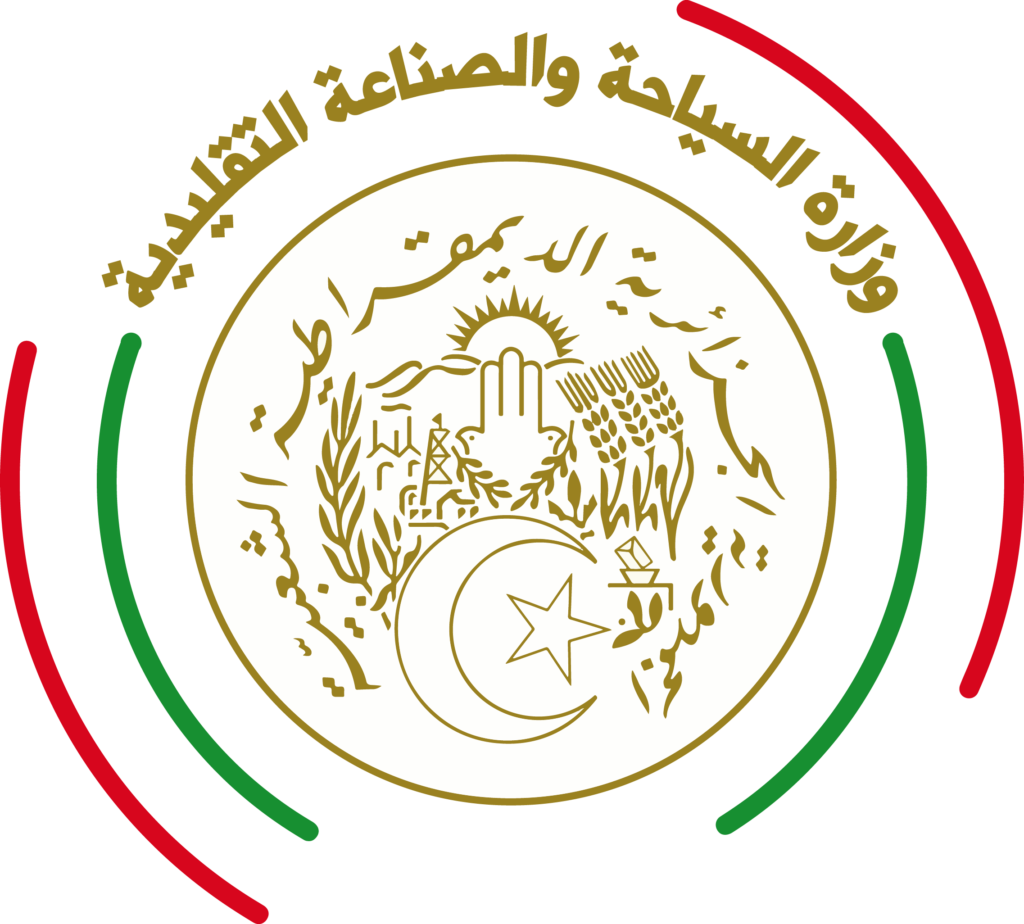Warda Ftouki, better known as Warda or Ouarda (وردة), and nicknamed Warda al-Jazairia (وردة الجزائرية, “The Algerian Rose”), is an Algerian singer, born July 22, 1939 in Paris and died on May 17 2012 in Cairo (Egypt).
Warda makes her start in Paris. After the outbreak of the Algerian war, her career continued in Lebanon and Egypt. She married an Algerian officer after independence and stopped her career until 1972. After her divorce she moved to Egypt and married the composer Baligh Hamdi. Warda then worked with the greatest Arab composers.
Known for her sentimental songs, she also performed patriotic songs. Her repertoire has more than 300 songs. After selling tens of millions of albums, she is considered the “diva” of the Arabic song.
Warda Ftouki was born in Paris to an Algerian father, Mohammed Ftouki, from Souk Ahras, and a Lebanese mother. She is the youngest of their five children. Warda began singing in the 1950s. She made her debut at Tam-Tam, a cabaret belonging to her father. Located in rue Saint-Séverin, in the Latin Quarter, it hosts many stars of the Arabic song, as Safia Chamia and Farid El Atrache.
At the age of 11, Warda singed in the show of host Ahmed Hachlaf broadcast on Paris Inter. She recorded her first record for Pathé-Marconi. In 1956, after the outbreak of the Algerian war, weapons intended for the FLN were discovered by the police in her father’s cabaret. The establishment was closed and the family evicted. Her mother died before they arrive in Hamra, a neighborhood in the Lebanese capital known for its nightlife Warda singed in Beirut cabarets. In 1959, at a casino in Aley, she met the composer Mohammed Abdel Wahab, who taught her classical singing and adapted to his intention Bi-omri kullo habbitak, qassida of the poet Ahmed Chawqi. Gamal Abdel Nasser proposes to perform Al watan al akbar (ar), a song by Mohammed Abdel Wahab written for an operapanarabe. Warda recorded alongside other singers such as Abdel Halim Hafez and Fayza Ahmed Egyptian director of musicals Helmi Rafla makes her sign a contract, and the singer pursued a musical and cinematographic career in Egypt. she appeared in two of Rafla’s films, Almaz wa ‘Abdou al-Hâmoulî and Amrat al-‘arab.
Warda’s father died in 1961. After independence, she went to Algeria for the first time and married an officer, who forbade her to sing. Warda abandons the music for a decade to raise their daughter Widad and their son Riyad, who owes his name to the composer Riadh Sombati.
In 1972, at the request of President Houari Boumediene, she took part in the commemoration of the 10th anniversary of the country’s independence by performing in Algiers with an Egyptian orchestra. Warda decided to resume her career, she and her husband divorced by mutual consent. She returned permanently to Egypt where she married the composer Baligh Hamdi. The singer enjoyed great popularity and had the opportunity to work with the greatest Arab composers, such as Hilmi Bakr, Riadh Sombati, Sadok Thraya, Mohammed Abdel Wahab, Mohammed Al-Mougui or Sayed Mekawi. President Anwar Sadat forbade him to perform in the country because of a song from her repertoire, El Ghala Yenzad, praising Libyan leader Muammar Gaddafi. The ban was lifted thanks to the intervention of his wife Jihane el-Sadate. In 1979, Warda returned to France to give a recital to the Olympia.
In 1990, Warda divorced her second husband, who died in Paris three years later. Her career has eclipsed as new musical styles emerge. The singer was back in the foreground by performing songs by composer Salah Charnoubi, such as Haramt Ahibek, Betwenes Bik and Ya khsara. She then experienced health problems that kept her off the stage. In 1996, she underwent a heart surgery, then a liver transplant in the early 2000s. In 1999, the compilation Nagham el hawa traces her career. Her last studio album is recorded in 2001.
Warda returned to Lebanon in the 2000s to perform at the Baalbek International Festival. She singed in 2005, then in 2008, and attracted nearly 3,000 spectators. The same year, she went to Algeria and gave concerts in Djemila, on the occasion of the 4th international festival, and at the Casif theater in Sidi-Fredj. In 2009, Warda participated in the inauguration party of the 2nd Pan-African Festival of Algiers. She also performed in Morocco, during the 8th edition of the Mawazine festival, where she sang in front of 30,000 people. One of her last concerts took place in Lebanon in September 2011. Warda died on May 17, 2012 in Cairo, where she resided, following a cardiac arrest that occurred while she was asleep. Her body was repatriated to Algiers and the singer was buried on May 19 in the “square of martyrs” of the El-Alia cemetery.
The video of the song Eyyam, directed by Mounes Khammar, was presented to the press in May 2013. The shooting of the video was interrupted by the death of the artist. The sequences featuring the missing singer are made through an animation process, rotoscopy. The song of the composer Bilal Zain and the lyricist Mounir Bou Assaf, sung in Lebanese dialect, was recorded in 2009.
The musicologist Daniel Caux considers that Warda has all the necessary qualities for a singer of the Arab world, he emphasizes the soundness of her sonintonation, her sense of rhythm and mastery of nuances, which enriches her singing. According to Caux, Warda managed to combine power and delicacy.
Warda, nicknamed “the Algerian rose”, is one of the few famous singers in the Arab world, from Maghreb to Mashreq. She is considered the “diva” of the Arab song, as well as Um Kalthoum, Sabah or Fairuz. Her repertoire includes more than 300 songs. During her career, Warda sold tens of millions of albums.
The first recorded song by Warda during the 1950s is an Algerian patriotic song. Subsequently, she performed songs celebrating the fight and independence of Algeria, such as Saïdouna Ila El Djibal, Min Baide (From afar), Aid El Karama (The Feast of Dignity), Soummam or Biladi Ouhibouki. Before her death, the singer shot a video clip, entitled Mazal Wakfin (We’re Still Standing), celebrating the fiftieth anniversary of independence.
In November 2004, on the occasion of the fiftieth anniversary of the Revolution, Warda received the El-Athir Medal of the Order of National Merit. In 2009, the singer was made commander of the Moroccan order of Ouissam Alaouite on instruction of King Mohammed VI and the Wali of Rabat gave her the keys of the city. In 2012, the singer was appointed knight of the Order of Arts and Letters.


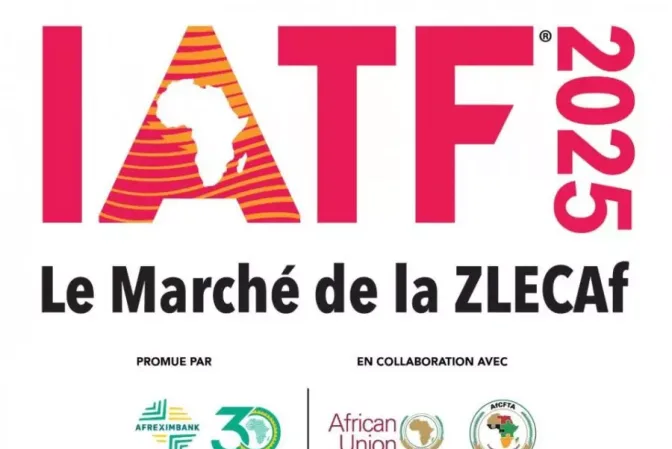
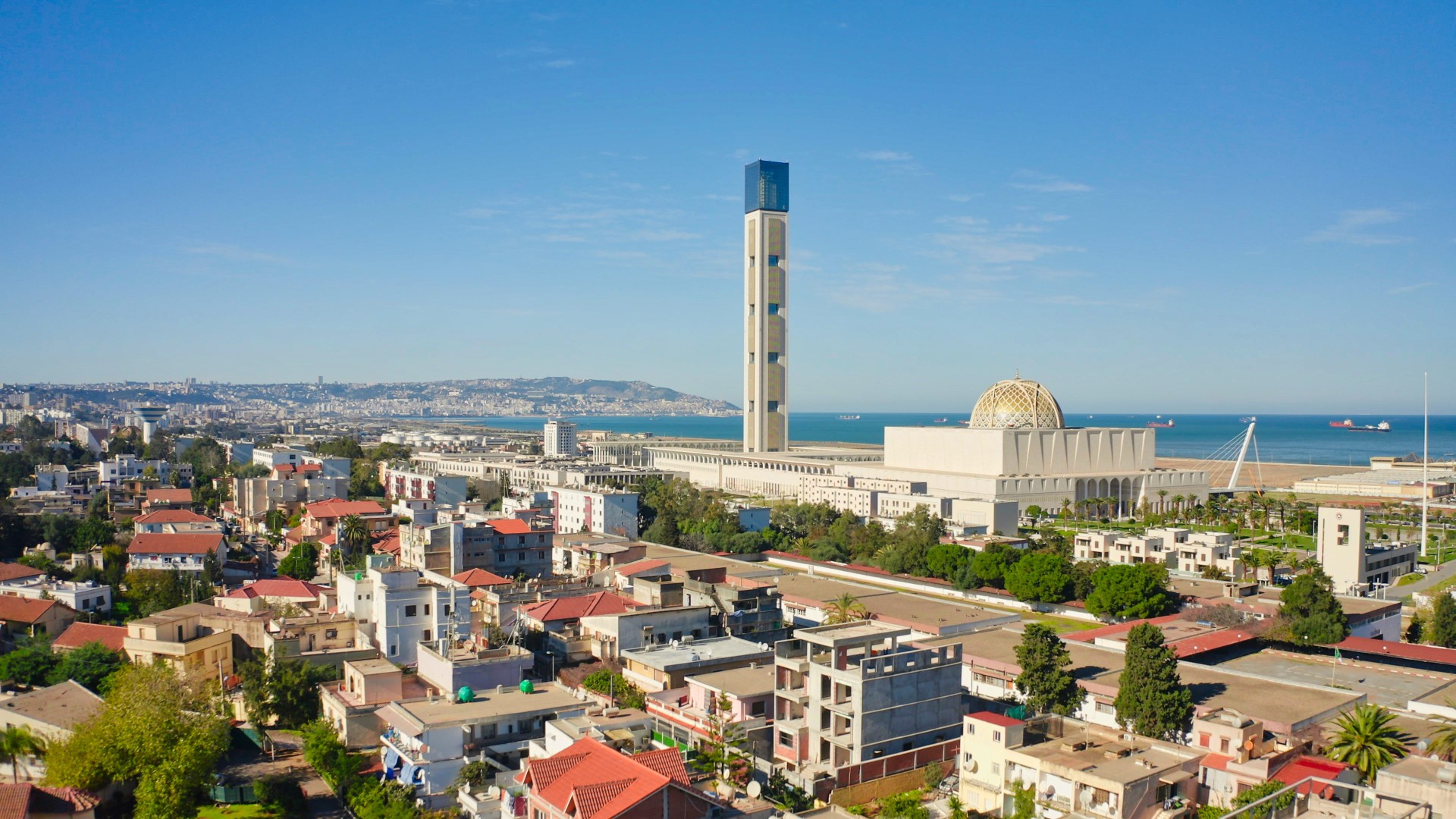
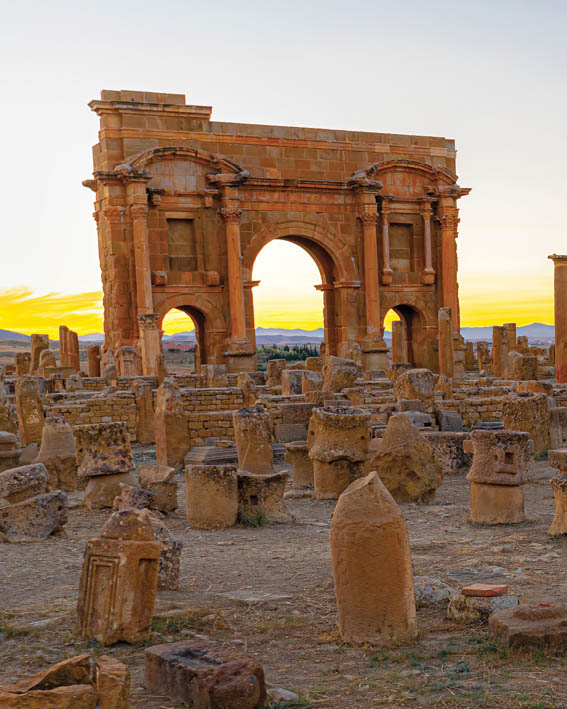
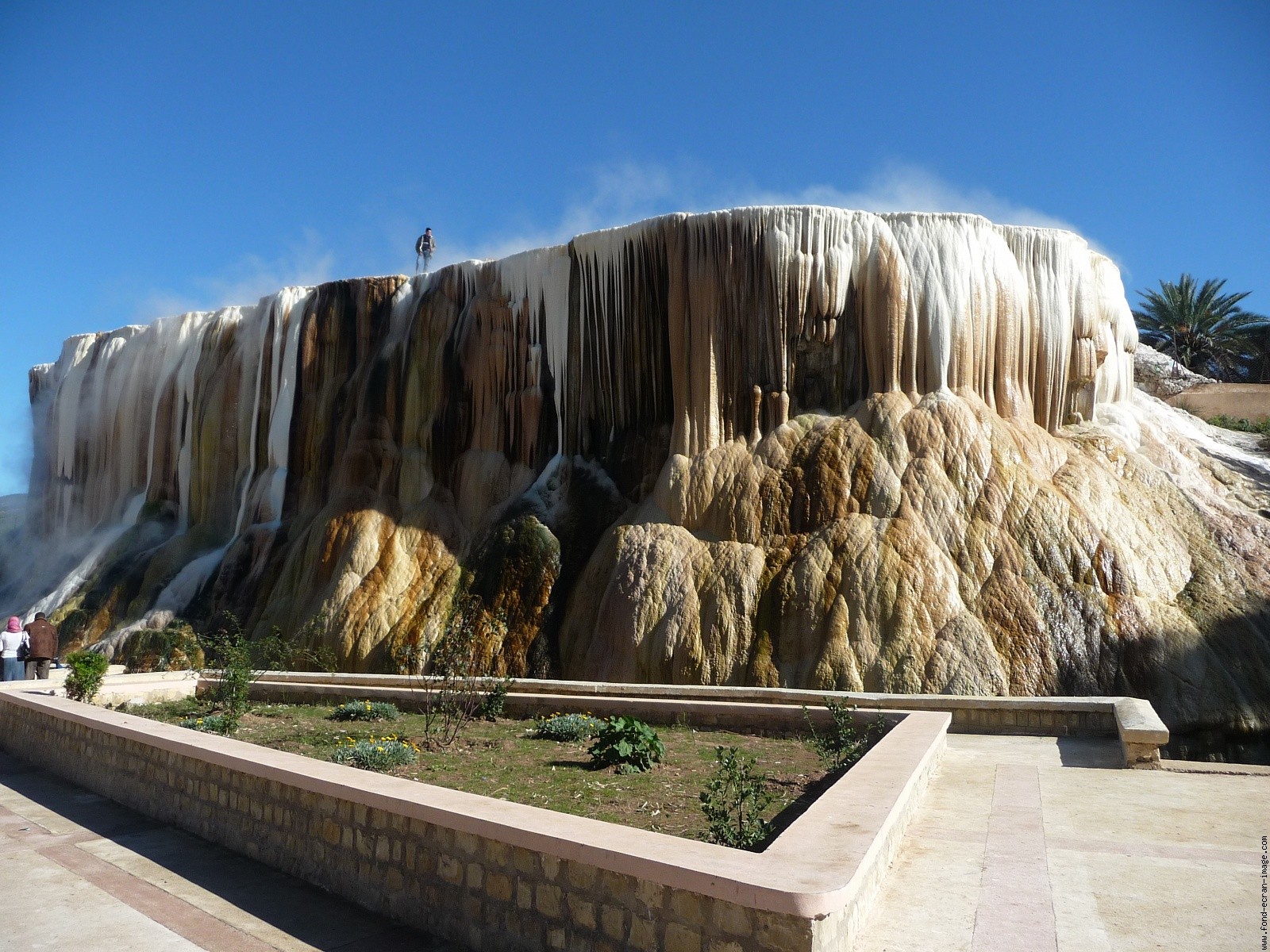

 The National Tourism Board of Algeria (ONT) is the Ministry’s instrument in charge of designing and implementing the promotion, marketing, and communication policy of Algerian tourism.
The National Tourism Board of Algeria (ONT) is the Ministry’s instrument in charge of designing and implementing the promotion, marketing, and communication policy of Algerian tourism.